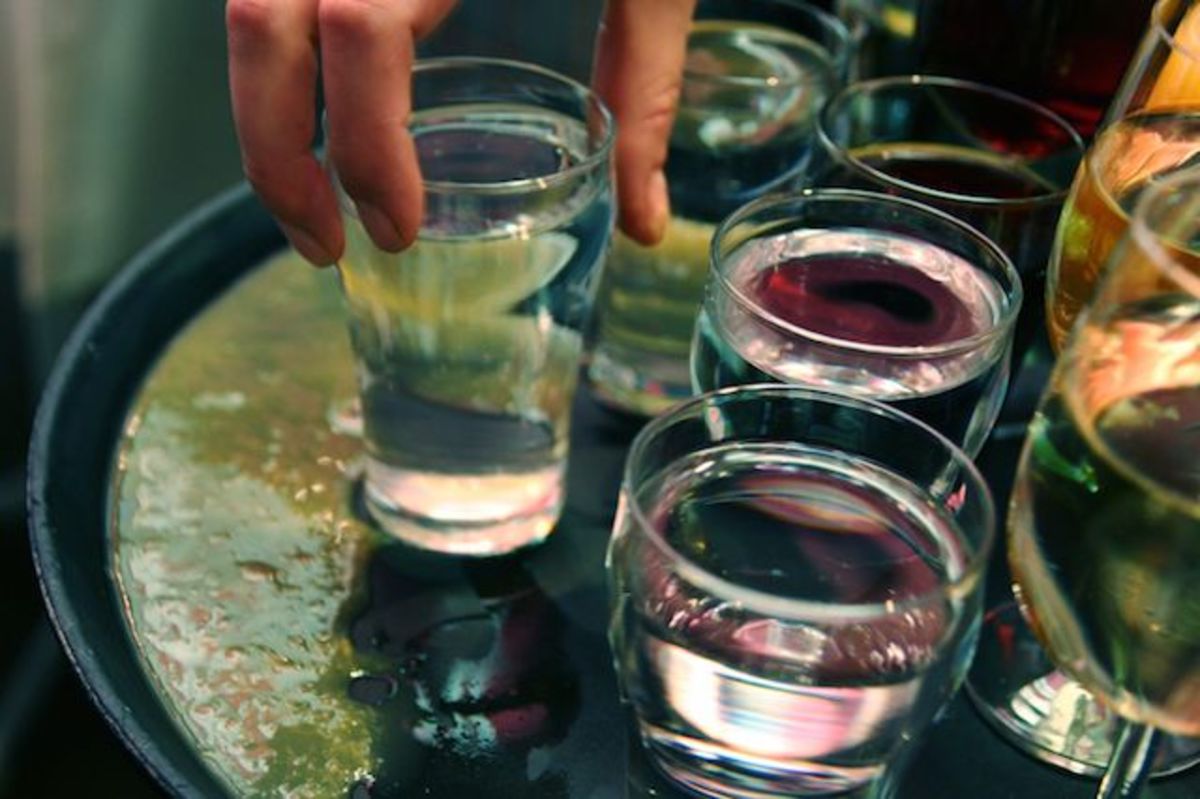Know the Power of Napping
What’s common between the following set of names (Albert Einstein, Leonardo Da Vinci and Thomas Edison)? All these individuals have made great contributions in their respective fields, and they all of them were devoted power nappers. There are numerous health benefits of sleep. It plays an integral role in maintaining a healthy body and mind. It is involved in healing as well as repair of your blood vessels and other body parts.
Continued sleep deficiency is often linked to an increased risk of high blood pressure, diabetes, kidney problems, stroke, etc. Therefore, even a small power nap can do a world of good for your body. A power nap is referred to as a short nap during the day and it can be about 20-30 minutes duration.
How napping helps you stay fresh?
During afternoon hours, especially after taking lunch, we start feeling lazy. This drastically affects our productivity. A power nap can wind down the activity in the brain’s prefrontal cortex. Experts believe that napping can prevent an individual’s brain from entering slow-wave sleep (also referred as deeper sleep) that often causes heaviness and sluggish feeling. In its absolute contrast, in the case of napping you can get desired amount of rest and feel fresh without entering into the deeper state of sleep.
Power naps at work place:
Innumerable researches have been performed to prove the health benefits of napping at work place. In fact, according to a study by NASA sleep researchers, just 26 minutes of nap can boost the productivity by up to 34%. Therefore, more and more companies are allowing their employees to take short naps during work hours. Following are some tips to get power nap at work:
- Once you lay down for a power nap, stressing whether you can sleep or not is the worst thing to do. This way, you’re not only wasting your nap time, but also defeating the purpose of getting maximum rest in a short duration.
- Before planning to get the nap, you should find a comfortable and quiet place for the same. An environment that’s dark, quiet and free from interruptions is ideally suited for napping. If there’s a bed at your office, then get a comfy pillow and start a restful music for great results.
- Before going on a nap, you should avoid consuming caffeine, carbohydrates or fat because these foods wouldn’t let you sleep with ease. Instead, you should try consumption of calcium and protein.
Sleep deprivation can be extremely harmful for our body. It can cause both physical as well as psychological ailments, including chronic problems like cognitive impairment, diabetes, stress, and obesity. Studies have proved direct link between lack of sleep and stress.
Researchers at Endocrine Society’s Journal of Clinical Endocrinology & Metabolism conducted a research to understand the links between lack of sleep and stress. A group of men were chosen for the study. Initially, they were asked to sleep just 2 hours during night. They experienced approximately 2.5 times increase in norepinephrine levels. It is a hormone that’s involved in blood sugar, blood pressure and stress. However, when these individuals were asked to take a nap of 30 minutes, the levels of this hormone normalized.
Finally, it’s time to shift your thinking about power naps. People taking short naps aren’t lazy. They might just be smartest, and also the most productive people around. Get into a routine of taking short naps on a regular basis to experience great results.



